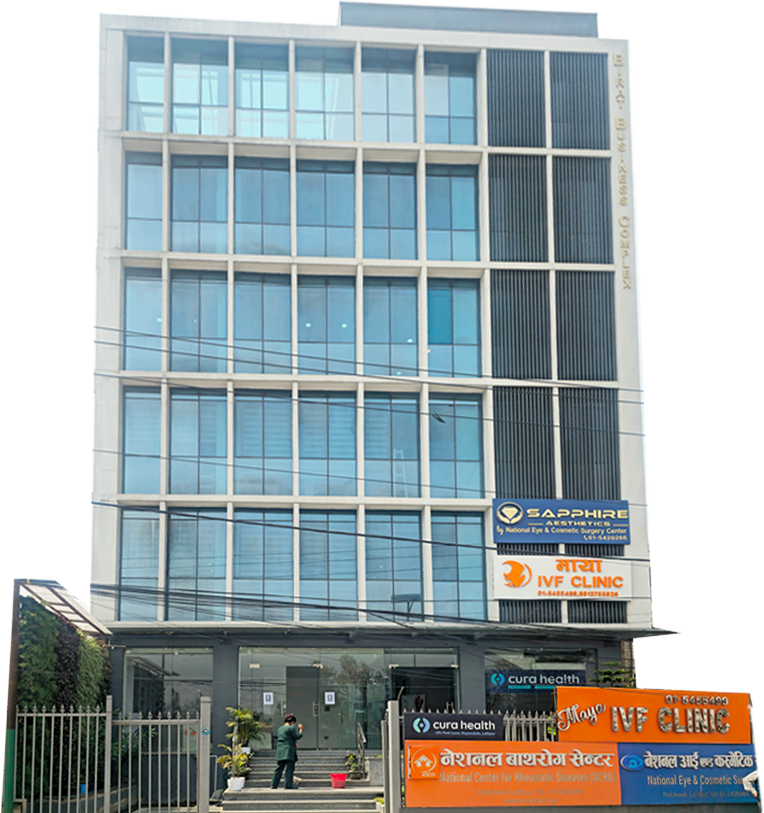Infertility and IVF
Infertility is a condition that affects millions of people around the world. It is defined as the inability to become pregnant after trying for one year or more. There are many causes of infertility, including age, hormonal imbalances, genetic factors, and certain medical conditions.
In vitro fertilization (IVF) is a medical procedure that involves retrieving eggs from a woman's ovaries and fertilizing them with sperm in a laboratory dish. The resulting embryos are then transferred back into the woman's uterus, with the goal of achieving pregnancy.
IVF is often used as a treatment for infertility when other methods, such as fertility drugs or artificial insemination, have not been successful. It can also be used to help individuals or couples who are unable to conceive due to certain medical conditions or other factors.
The IVF process usually takes several weeks and involves several steps. First, the woman takes fertility drugs to stimulate the production of eggs in the ovaries. Once the eggs are mature, they are retrieved using a needle that is inserted through the vagina and into the ovaries.
The eggs are then combined with sperm in a laboratory dish, where fertilization occurs. If fertilization is successful, the resulting embryos are allowed to grow for a few days before being transferred back into the woman's uterus.
There are a few different ways that the embryos can be transferred, including through a thin tube called a catheter, or by using a small plastic tube called a pipette. The embryos are placed into the uterus through the cervix, which is the opening to the uterus at the top of the vagina.
IVF can be a successful treatment for infertility, but it is not always successful and may not work for everyone. Factors that can affect the success of IVF include the woman's age, the cause of infertility, and the quality of the eggs and sperm.
IVF is a complex and expensive procedure, and it is not always covered by insurance. It is important to discuss the potential risks and benefits of IVF with a fertility specialist before starting treatment.
Infertility can be a difficult and emotional experience, but there are many options available for individuals and couples who are struggling to conceive. IVF is just one of these options, and it may be the right choice for some individuals or couples. It is important to work with a fertility specialist to determine the best course of action for your specific situation.
ALSO READ
The role of genetics in fertility
PCOS and Infertility
How is ICSI different from Conventional IVF treatment?
Myths and Facts about Infertility
What’s different between IUI and IVF?
Our Latest Blogs
Myths and Facts about Infertility
When it comes to infertility, there are a lot of myths revolving around it in our society.Initially,...
How is ICSI different from Conventional IVF treatm...
ICSI and Conventional IVF both are forms of assisted reproductive treatment (ART) in which eggs are...
5 Common causes of infertility in women
A condition is diagnosed as infertility when a heterosexual couple is unable to conceive after one y...






 Nepal International Fertility and Laparoscopic Centre (NIFLC). All rights reserved. Powered by
Nepal International Fertility and Laparoscopic Centre (NIFLC). All rights reserved. Powered by  Sciever Inc.
Sciever Inc.